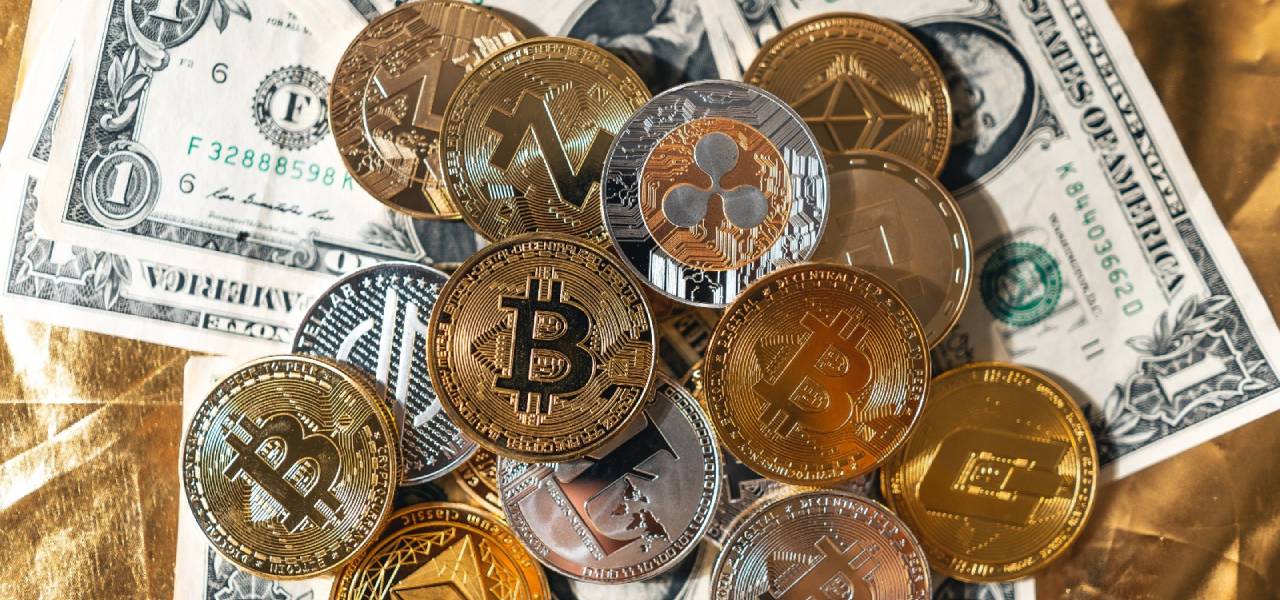The internet has transformed the way we shop, enabling us to browse and purchase goods and services from the comfort of our homes.
However, as technology evolves, so does the way we interact with the digital world. The emergence of Web 3.0 represents the next step in the evolution of the internet, promising a more decentralized, secure, and immersive online experience.
With its potential to transform the e-commerce landscape, Web 3.0 is an exciting prospect for businesses and consumers alike.
In this article, we’ll explore how Web 3.0 is changing, and will continue to change, the way we shop online, and what it means for the future of e-commerce. We will also discuss how the growing ecommerce industry in Pakistan can benefit from adopting web3 technologies. So, let’s explore further!
Web 3.0 – A Game Changer for the Ecommerce Industry
Decentralization, interoperability, heightened security, increased transparency are some of the unique features of Web 3.0, and emerging economies are benefitting from adopting blockchain-based tech supported by it. For example, in countries with weak financial systems, blockchain-based payment systems are providing a secure and accessible alternative to traditional banking.
Additionally, decentralized marketplaces, introduced by Web 3.0, enable small businesses to compete with larger players, by reducing transaction costs and providing greater control over their products and services. Let’s look at some examples.
- In Bangladesh, the online marketplace SobjiBazaar uses blockchain technology to create a decentralized supply chain for farmers, connecting them directly with consumers and reducing intermediaries.
- In Nigeria, BitPesa is leveraging blockchain-based payment solutions to facilitate cross-border transactions for small businesses.
These successful businesses from developing economies are proof that Web 3.0 is, in fact, opening up new opportunities for, otherwise sidelined economies, to participate in the global e-commerce market.
Let’s have a look at some other ways in which Web 3.0 will potentially change ecommerce in the future.
- Personalized Recommendations for Products
Web 3.0 is designed to be more secure and user-friendly than Web 2.0. One of the ways in which Web 3.0 can benefit ecommerce stores is by facilitating more personalized recommendations for customers.
With Web 2.0, the data generated is centralized, meaning that data is owned and controlled by a few large corporations. These corporations then sell the insights to the ecommerce store owners for a premium so that they can effectively understand their consumer behavior. In contrast to that, Web 3.0 is based on the principle of decentralization. Which means that the data is not owned by any central authority and users have access to their data and they control who they share this data with. By providing permissioned access to the retailers, users enable the shop owners to suggest more targeted and relevant product recommendations, which in turn will increase the likelihood of a sale. A win-win for both – buyers and sellers.
- Integration of AR/VR Technologies
We are currently observing a significant rise in the AR and VR technologies. ChatGPT took the internet by storm. We then saw the inception of a number of similar AI-based applications. Experts believe that because Web 3.0 effectively supports AR and VR technologies, what we will see is buyers making use of these technologies to reduce their search times and look for accurate products.
In addition to that, virtually using the product before making the actual purchase will also be made possible. In fact, some big names in the cosmetic and fashion industry are already offering this capability on their ecommerce stores. This reduces the friction and makes buyer’s journey seamless, which in turn improves customer retention and business revenue.
- Access to Global Market – Tokenization and Cryptopayments
For a developing (and struggling) economy like Pakistan, Web 3.0 offers a lot of benefits. I believe that the biggest benefit it offers is access to the global market. With the help of Web 3.0 technologies that enable cryptopayments for ecommerce and tokenization, developing economies can overcome the barriers that have otherwise stopped them from growing globally.
Many ecommerce stores only support local operations because in the international market they will incur high transaction costs and will have no payments security. With blockchain-based apps supported by Web 3, ecommerce businesses can switch to a reliable exchange like Binance and send and receive instant payments in cryptocurrencies. This eliminates any need for banks, or payment processing systems and reduces the transaction costs by significant extent.
In addition to that, ecommerce businesses can switch smart contracts to support their global operations. This automates their supply chain and inventory fulfillment processes, improving their efficiency and revenue.
Conclusion
The emergence of Web 3.0 represents the next step in the evolution of the internet and promises a more decentralized, secure, and immersive online experience – for buyers and sellers alike. In addition to that, we can see a significant benefit of adopting blockchain-based tech supported by Web 3.0 for emerging economies, providing them with secure and accessible alternatives to traditional banking and allowing small businesses to compete with larger players.
Moreover, we are seeing that Web 3.0 is also facilitating more personalized recommendations for customers, integrating AR/VR technologies for better search and user experience, and enabling access to the global market through tokenization and cryptopayments.
These advancements are particularly promising for developing economies such as Pakistan, providing them with unprecedented access to the global ecommerce market and reducing transaction costs.
Whether we accept it or not, the wave of Web 3.0 is here and is going to change the way people interact and shop online. Pakistan’s ecommerce industry can experience exponential growth if we keep up with, if not stay ahead of, the global technology trends in the space.
What do you think of the story? Tell us in the comments section below.

















